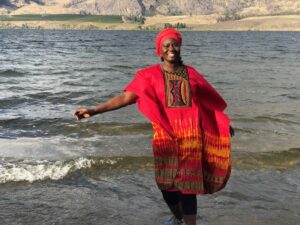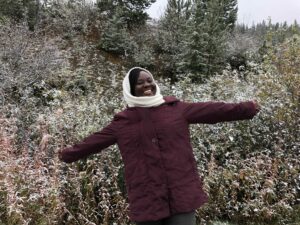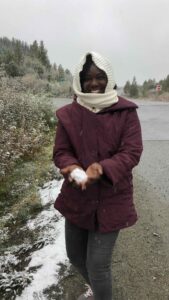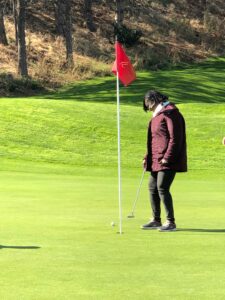
by Judy Gray, World Neighbours Canada Director
Our partner organization in Burkina Faso, APDC has faced increasing challenges in addressing poverty in Fada province in the eastern part of the country. Most of the villagers from ADPC’s program area have had to leave their homes because of armed conflict, and they are now internally displaced persons living in the outskirts of Fada town. Despite very difficult conditions, APDC employees continue to pursue development work. Over the past year, they have assisted 35 women to set up small personal enterprises – processing local products and then selling them in local markets. APDC also holds awareness sessions to emphasize the importance of hygiene, how to avoid malnutrition and how to prepare more nutritious meals. Small steps, but big impacts! You will have read about this work in recent articles and in our fall newsletter.
Since 2018 it has been impossible to travel to Burkina Faso to meet with the APDC team in Fada, because of security concerns. However, the latest and most exciting communication with staff occurred in late November, when my husband Peter and I travelled to the West African country of Benin. Although the northern region of Benin is not safe to travel in, the southern area and the major city of Cotonou on the coast are stable and easy to visit. As Peter and I have friends who are currently teaching in Cotonou, we took the opportunity to visit them AND meet with 3 employees of APDC. Charles, Koanari and Hortense were able to travel by bus (a 24-hour journey!) to Cotonou and meet with us over a period of three days. What a treat to spend time in face-to-face meetings! Zoom conversations certainly fill a need, but nothing replaces in-person meetings with partners whom we now consider our friends.
The meetings were very useful and provided the opportunity to discuss in greater detail the effects of the recent displacement of villagers. It is almost impossible for us to comprehend the conditions that many of the villagers now live in and the enormous struggles they face; however the staff continue to hope that peace will return to their homeland. Koanari and Hortense had never travelled outside Burkina Faso before and had never seen the ocean. Watching them joyfully dip their feet and hands (with shoes on!) into the warm salt water was magical for them and for us. Two bottles of salt water were filled, to take back home! We visited a beach one morning and spent the better part of an hour paddling at the ocean’s edge and then returned that evening to enjoy a meal at a beach restaurant – and, of course, wander the shoreline as the sun slowly set. We have fabulous memories, and many photos of that most unique experience!

We also had very positive reactions to the presentations to middle school and high school students at the QSI International School of Benin where our friends teach. The students and teachers were very interested to learn how a small organization has been able to carry out development work in times of great hardship, dealing with a high level of terrorist activity but finding a way to work with villagers who have been forced to leave their homes and are now internally displaced persons. After school one afternoon we were also able to host a roundtable discussion with several school support workers to learn about their involvement – mostly on a voluntary basis – with rural development organizations in Benin. We were excited to be part of sharing experiences between organizations in the two countries, as well as sharing the work of World Neighbours Canada.

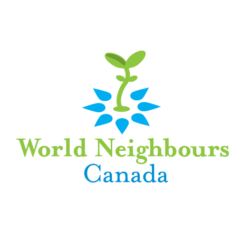


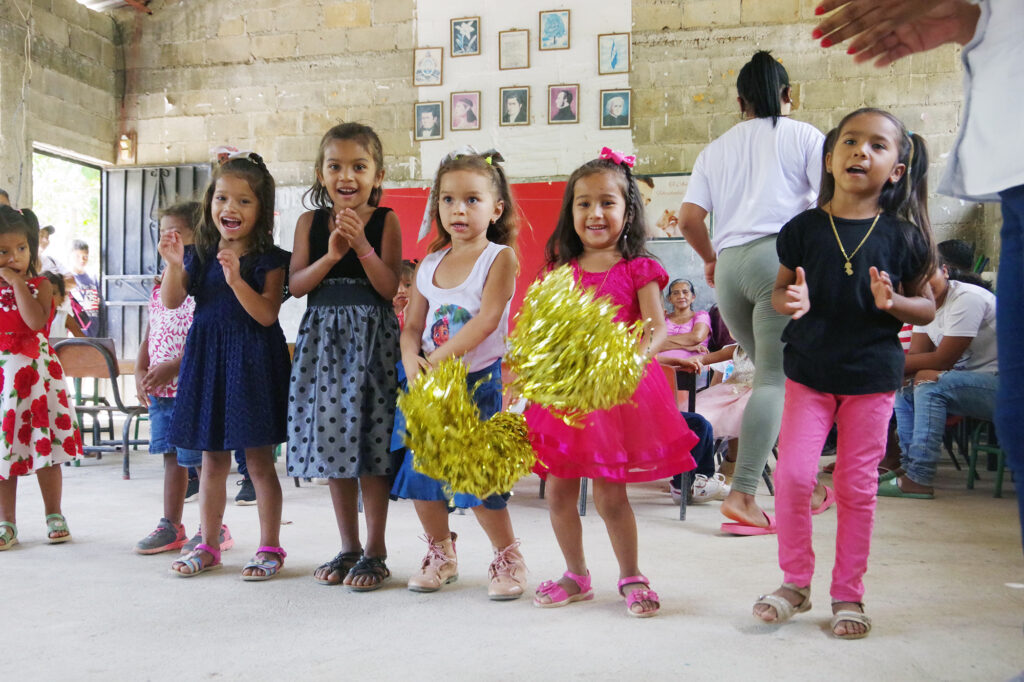
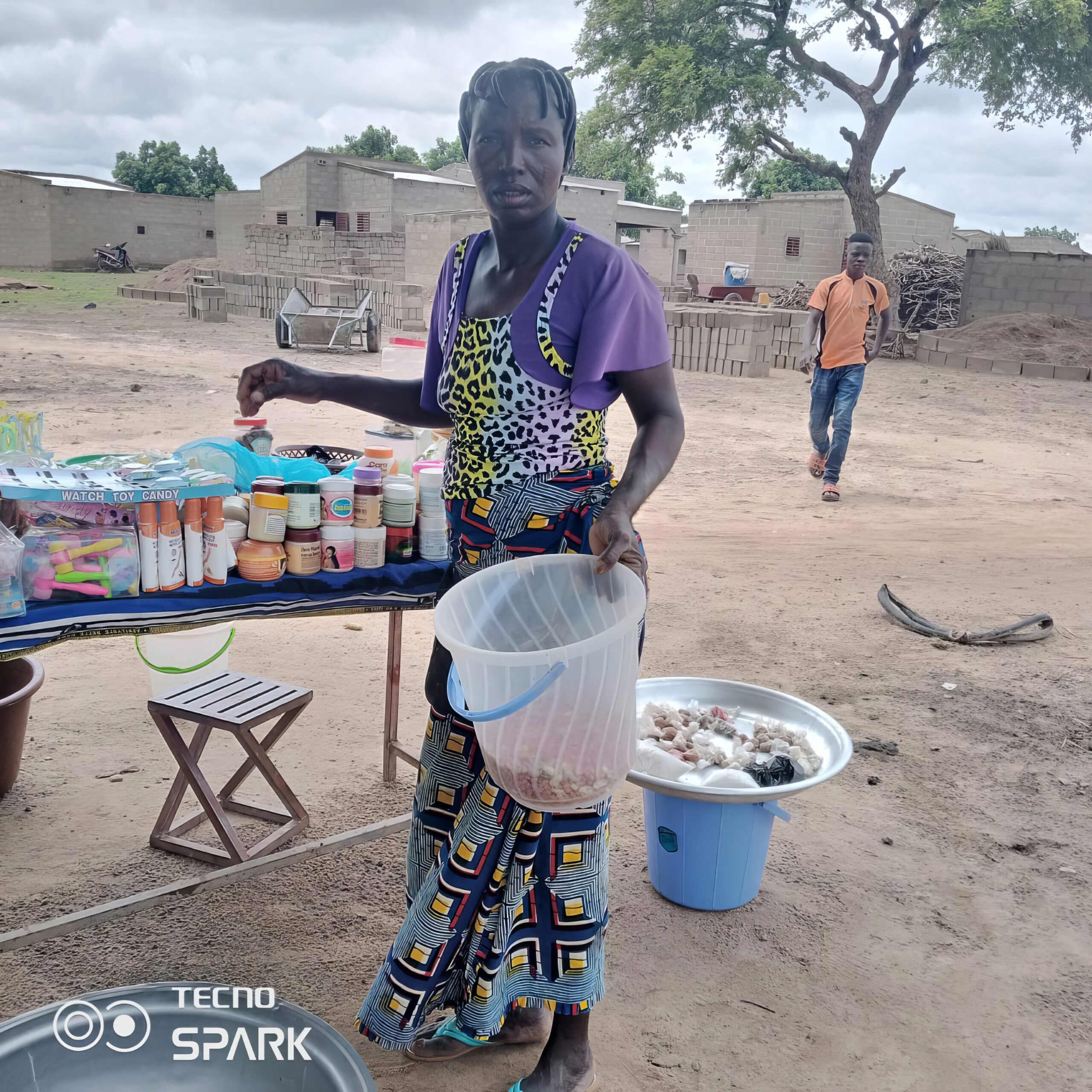
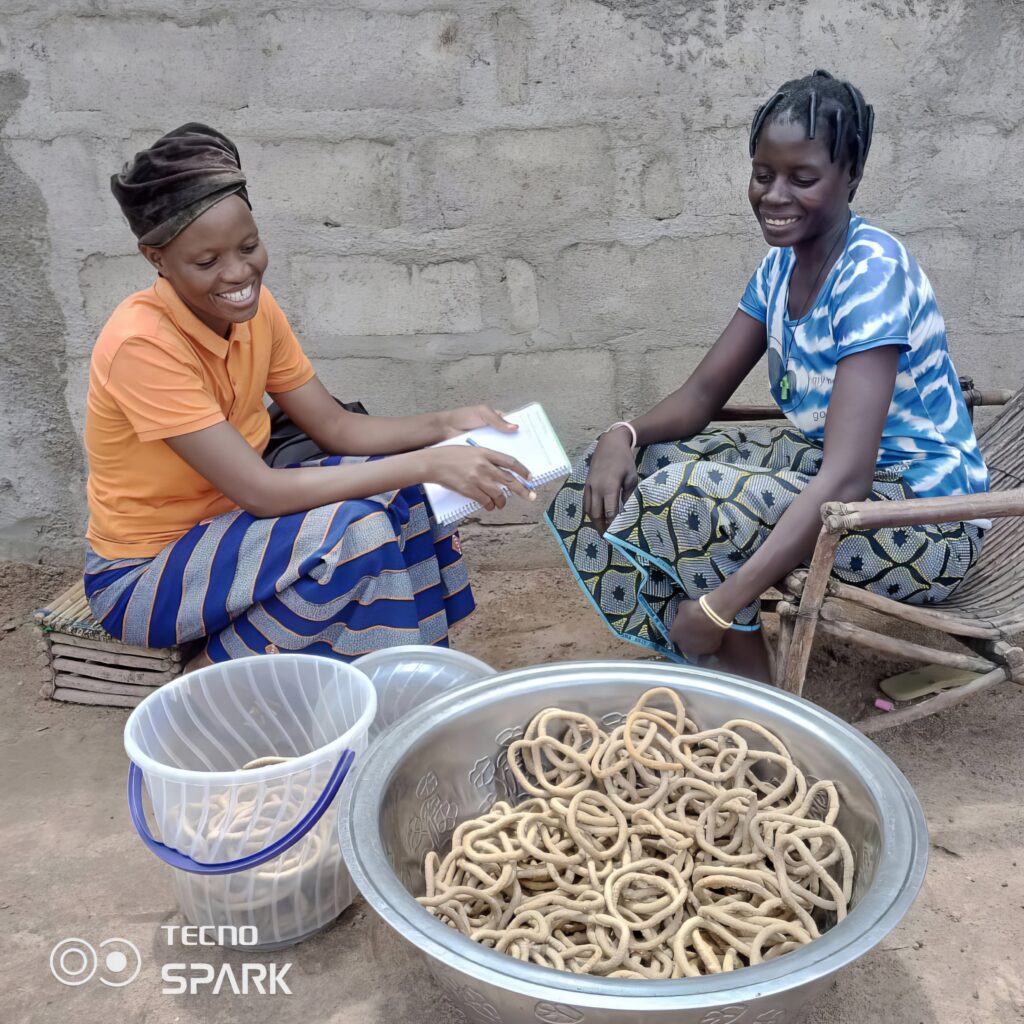


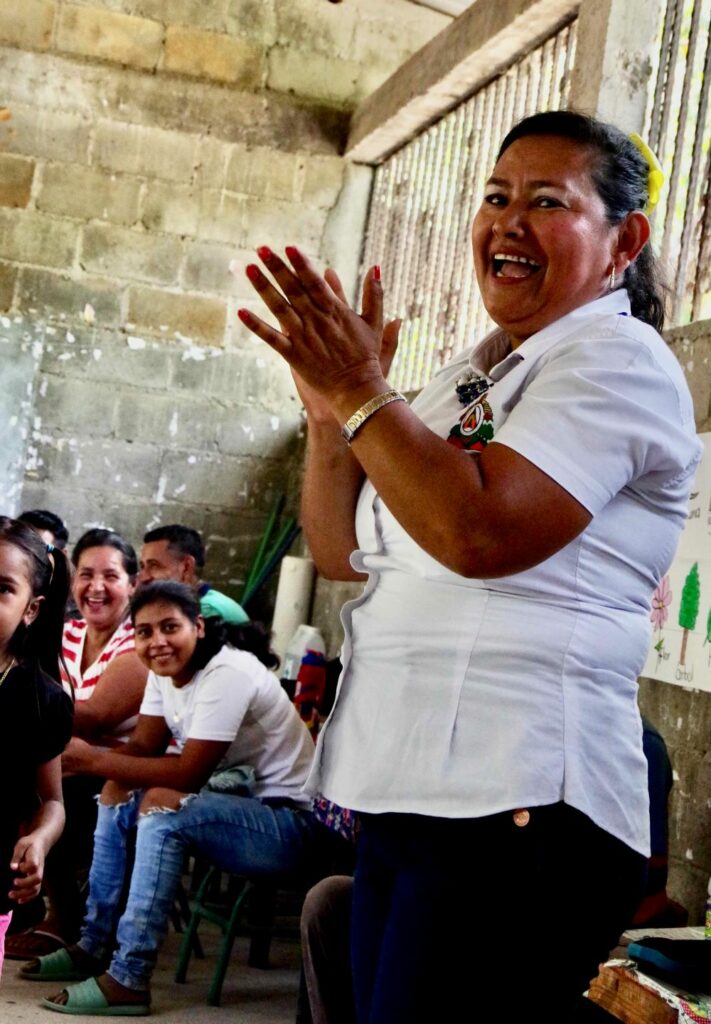
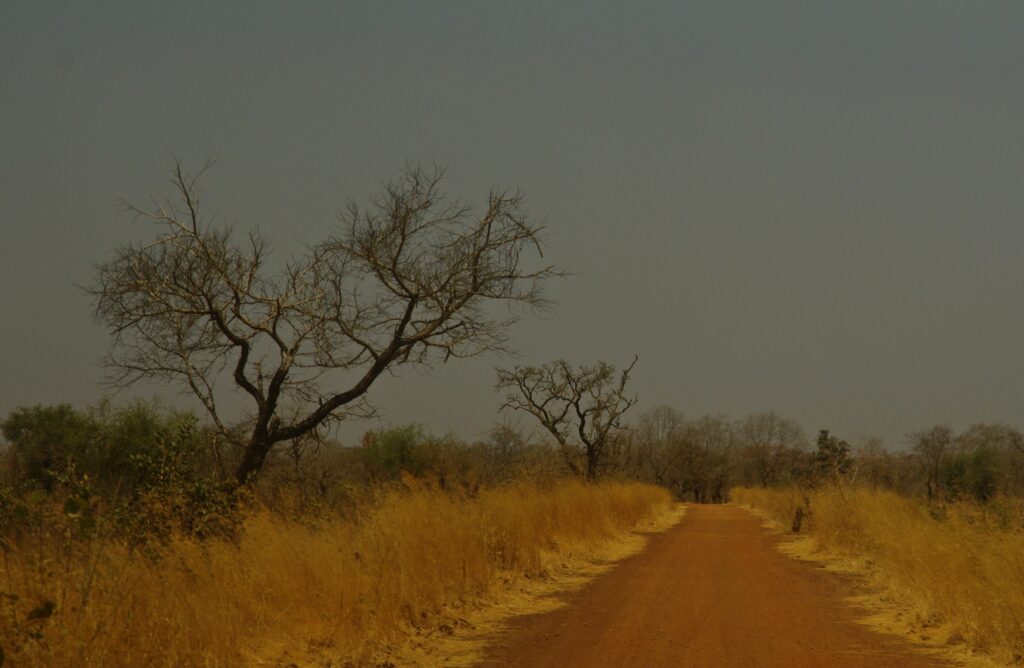 By Bruce Petch, Volunteer Executive Director, World Neighbours Canada
By Bruce Petch, Volunteer Executive Director, World Neighbours Canada WNC recently welcomed to B.C.: Lydia Tapsoba, a Gender Consultant from Burkino Faso . Lydia has worked extensively with our local burkinabe partner, APDC.
WNC recently welcomed to B.C.: Lydia Tapsoba, a Gender Consultant from Burkino Faso . Lydia has worked extensively with our local burkinabe partner, APDC.